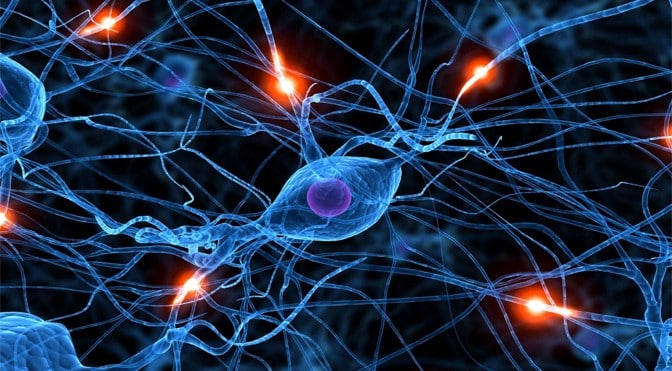Copyright © 2022 Nidraveda, All rights reserved. Powered by Netselent.
- 4358 Lockhill Selma Rd, Suite 106, Shavano Park, TX 78249
- Tel: 210.686.5000
- Fax: 210.239.5060
Epilepsy

Epilepsy is a disorder characterized by recurrent seizures. It can be consuming, life threatening, and should not be taken lightly. There are many causes of epilepsy, including stroke, infection, traumatic injury, and developmental issues. Given the progress in the field to diagnose and treat the condition, using medicine and surgery – epilepsy is readily treatable. It is important to treat Epilepsy especially given the potential complications of leaving it untreated.
With quite a bit of overlap with sleep medicine, Dr. Bhandari’s practice focuses on Epilepsy as well. He enjoys helping patients with epilepsy get back their lives.
Treating Epilepsy starts with listening to the patient’s story and can include imaging studies such as an MRI of the brain as well as electroencephalography (EEG) to help in the diagnosis. Sometimes, further testing is involved. Selecting the optimal medication or therapy is important part of the treatment process. A few links and guides are linked below for your convenience.
An EEG is a study that records electrical activity of the brain. It is noninvasive, with electrodes placed along the scalp in an internationally standardized fashion, It is typically used as a tool to capture electrographic seizures. The ability of the study to capture an electrographic seizure increases with the length of the study. That is why long term studies that last 24 to 168 hours, or longer, can markedly help in making a diagnosis, finding an area in the brain where a seizure is coming from, discern if events are truly electrographic, or optimize therapy.
Yes. There are many different ways seizures can present. Typically, we think of seizures as losing consciousness and shaking violently for a few minutes. But it can present as staring spells, repetitive movements, slurred speech, weakness, or even episodic tingling. To learn more about seizures, how to take care of a loved one with epilepsy, among other pertinent information on epilepsy – check out: The Epilepsy Foundation.
VNS is a non-pharmaceutical method designed to prevent seizures. VNS works by sending mild pulses of electrical pulses to the vagus nerve which then in term regulates signals to the brain. These pulses are supplied by a device that looks like a pacemaker. It is an excellent tool in the armamentarium to combat epilepsy, though not everyone is a candidate. Dr. Bhandari currently sees patients who use VNS.
Schedule Online.
It's easy, fast and secure.
Visit Us
-
4358 Lockhill Selma Road, Suite 106,
Shavano Park, TX 78249 - contact@nidraveda.com
- 210.686.5000
Quick Links
Menu
Business Hours
M – F: 8am – Noon & 1pm – 5pm
Lunch: Noon – 1pm
Saturday: Closed
Sunday: Closed
